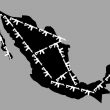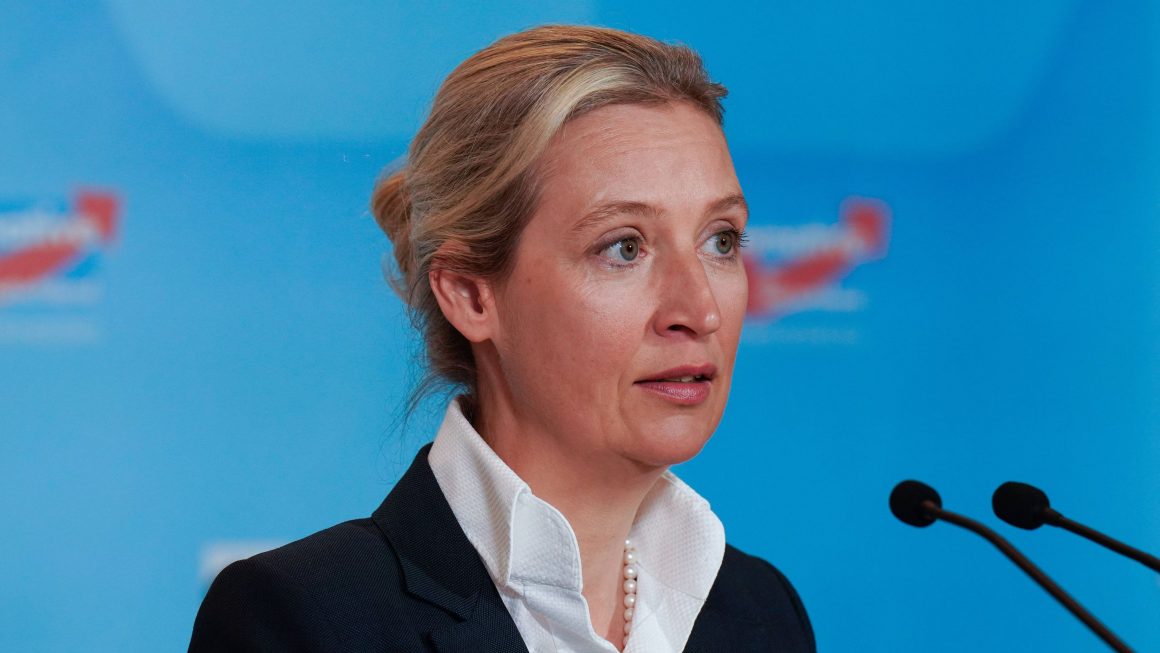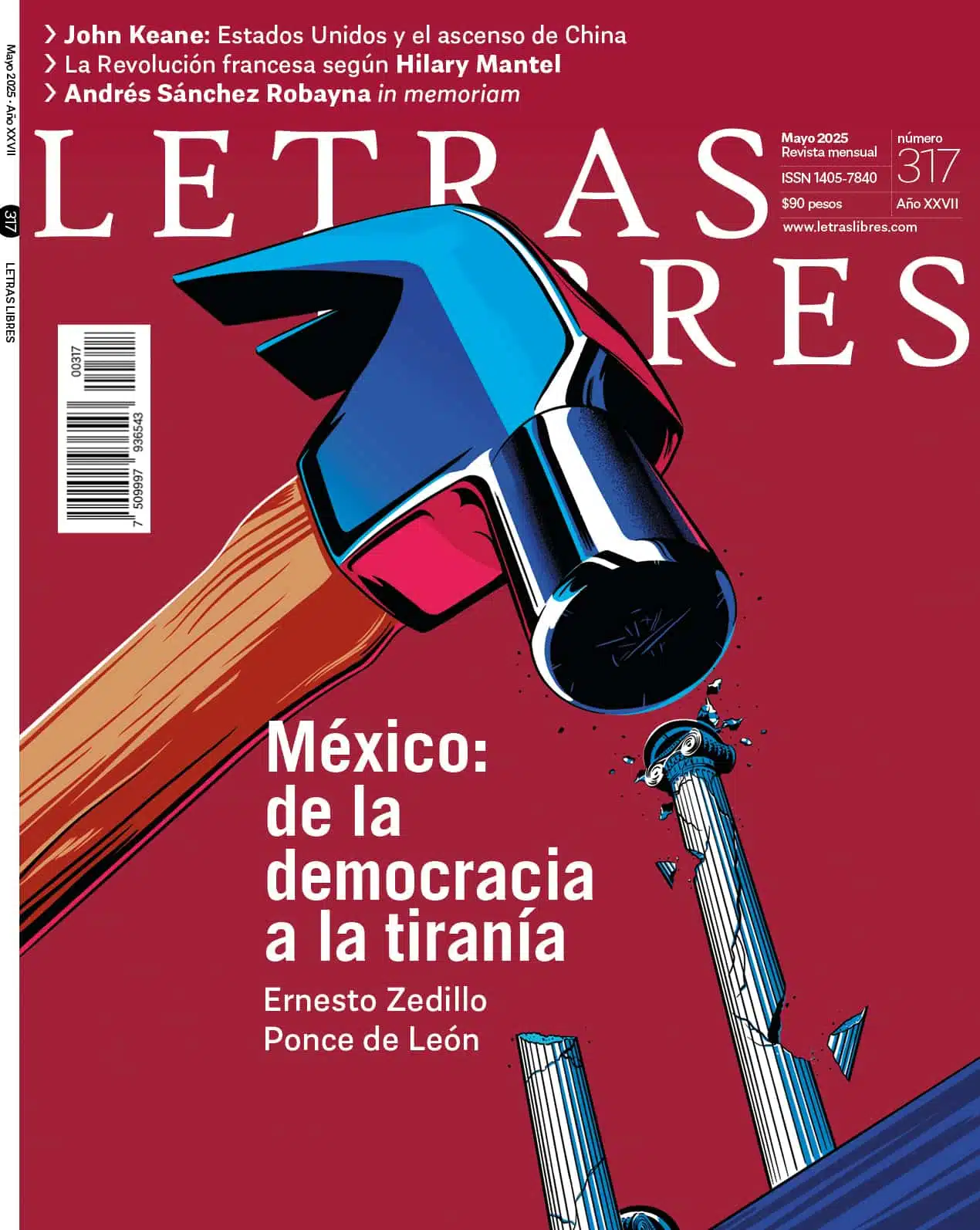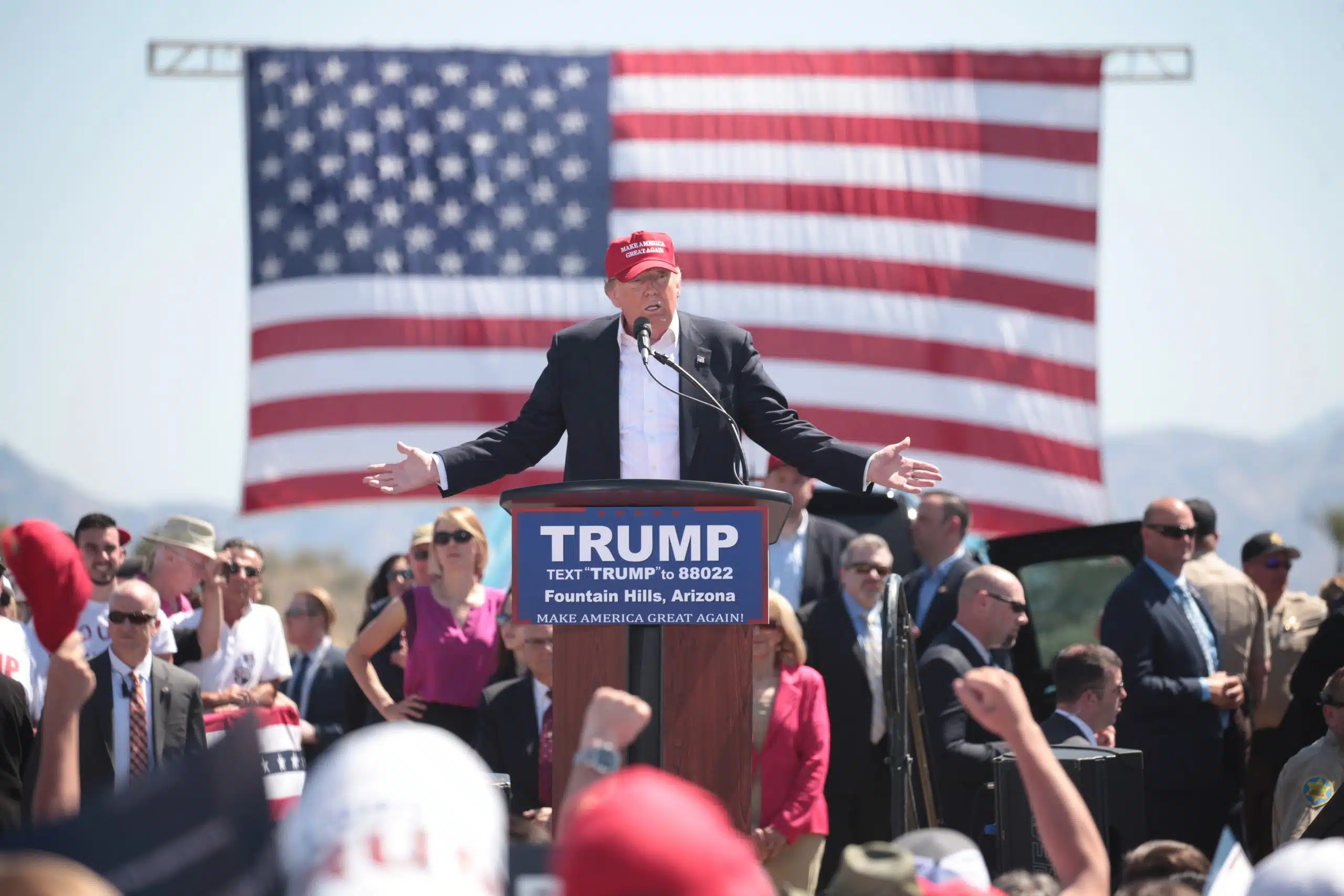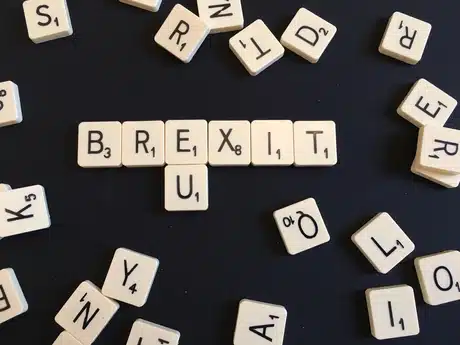For many years, LGBTQ+ movements have been associated with the struggles of the progressive left. Slogans such as the decriminalisation of homosexuality, cultural visibility, same-sex marriage and other civil rights emerged from a political spectrum marked by the new left of the 1960s and by the political transformations before and after the fall of the Berlin Wall, with the support of social democratic and liberal-leaning governments in Western Europe in both the 20th and 21st centuries. It is worth remembering that the so-called communist countries of the 20th century included the LGBTQ+ population among their many targets of persecution, and Nicaragua, Venezuela and Cuba are among the most backward countries in Latin America in this regard, not to mention the growing influence of Pentecostal evangelical churches in the region allied with the left of Maduro, a dictator, and Lula Da Silva, a democratic ruler.
But while not all of the left has historically sympathised with the cause, there is no doubt that it is one of the banners it currently waves, although it no longer has a monopoly on it. Gay and lesbian politicians have appeared on the political scene and in public opinion in recent years, espousing right-wing slogans: anti-immigration, religion, sovereignty. Not only that, but they are being voted for by an electorate that increasingly feels less identified with the narrative of the left, particularly the most markedly anti-capitalist left on issues of economics, symbolic representations, migration and religious issues.
A particularly striking case is that of Alice Weidel, of the German AfD party, which is consolidating itself as the second political force in that country, despite being considered an extremist organisation. Weidel is married to an immigrant woman and they have two adopted children. The German politician has said on several occasions that what transformed her from a liberal critical of excessive state power and inclined towards the free market to Euroscepticism was the Merkel administration’s openness to Muslim migration and how this culture attacks the LGBTQ+ population. Marine Le Pen has attracted the LGBTQ+ electorate by promising to protect them from ‘radical Islamism.’ Although her party has historically opposed same-sex marriage, figures such as Florian Philippot, her former deputy and an openly gay man, have helped soften its image. However, activists warn that this strategy is opportunistic and that her rise represents a threat to LGBTQ+ rights.
Scott Bessent, Treasury Secretary in the Trump administration and also openly gay, demonstrates that sexual orientation does not automatically determine political ideology; Bessent has been praised for his financial track record, becoming the highest-ranking LGBTQ+ official in US history under a Republican administration. A third example is Richard Grenell, former US ambassador to Germany and acting director of national intelligence under Trump. In fact, Grenell led a global initiative to decriminalise homosexuality in countries where it is still illegal. Although his appointment was historic, many activists saw it as a ‘pinkwashing’ strategy to cover up the government’s regressive policies towards the LGBTQ+ community. The support of some LGBTQ+ voters for Trump has also generated controversy; this is the case with Republican organisations such as Log Cabin Republicans, which argue that inclusion should not be monopolised by the left. This openly right-wing stance, although a minority view, reflects a growing ideological diversity within the community.
The common attack by those who question the shift to the right of agendas associated with the left is that they have become radicalised by adopting reactionary far-right narratives out of sheer ignorance. Terms such as ‘homonationalism’ have been coined, formulated by Jasbir Puar, which refers to the strategic use of LGBTQ+ rights to mark cultural differences, especially in the face of radical Islamism or mass immigration. In this context, the inclusion of gay and lesbian people in conservative governments does not always imply a genuine commitment to equality, but rather a way of reinforcing nationalist narratives. Although this may be true, given, for example, the speed with which Trump decreed that only male and female genders would be indicated in official documents, a more nuanced hypothesis is possible: identity politics—whose most left-wing intellectual wing accuses those with other lifestyles of being ‘homonationalists,’ ‘heteronormative,’ ‘conservative,’ — tends to overlook the real ideological diversity of the LGBTQ population across different social sectors, cultural backgrounds, religions, values and interests. There is a fear, not entirely unfounded, that certain cultural values within and outside liberal democracies are contrary to the rights won by sexual and identity diversity through decades of struggle.
It seems that fatigue with the ‘woke drift’ is beginning to permeate the LGBTQ+ population. French feminist Elizabeth Roudinesco has referred to ‘excessive identitarianism’ that prevents broader struggles based on certain personal characteristics. Nor can we ignore the infantilisation of the discourse of vindication, which translates into an excessive attachment to definitions and acronyms, and, of course, the defence of LGBTQ+ organisations against Islamic and left-wing authoritarianism simply because they espouse an ‘anti-imperialist’ discourse. In this case, it is forgotten that the three dictatorships that exist in Latin America are anti-imperialist left-wing regimes, and that the rights already won by the movement on the continent are conspicuous by their absence. It also ignores the fact that it is one thing to question Israel’s current policy towards Gaza and another that the Palestinian LGBTQ population is less free than in liberal democracies, even though it suffers the consequences of war like all its fellow citizens. It is equally absurd to accuse anyone who recalls the anti-LGBTQ+ repression in countries where Islam predominates and there is no separation between church and state of being Islamophobic, while ignoring the fact that there are currents within Islam that are more open to the issue, just as there are within Christianity and Judaism.
In the current crisis of liberal democracy, the LGBTQ+ movement and the population it serves in its struggles have much to lose. We must seriously question the fact that sexual and identity diversity also means ideological and political diversity, without forgetting the many nuances that exist between the most extreme left and the most extreme right. In any case, the search for other frameworks of political representation does not mean that one is racist, colonialist, white supremacist or bourgeois. What we should distance ourselves from are the political extremes that deny human rights and individual and public freedoms. The danger of LGBTQ+ agendas in right-wing nationalist governments is very real. Let us not forget Putin’s Russia, Bukele’s El Salvador or Orbán’s Hungary, but let us also not forget Islamic theocracies, China or the left-wing dictatorships of the Caribbean. Democracy is an existential struggle for the LGBTQ+ movement.



